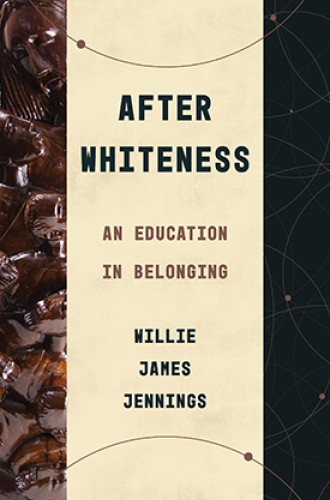Willie Jennings’s plea to create a new kind of theologian
After Whiteness is urgent reading for any institution that purports to care about God and race.
Amid a profusion of stunningly dull reports about theological education, After Whiteness hums with urgency. If Barth’s Der Römerbrief was, as Karl Adam claimed, “a bomb that fell on the playground of the theologians,” this book is a lightning bolt that craters the faculty lounge and the administrative wing simultaneously, upending conversations as stale as the coffee and charging life into the corpse-like hulk of theological education. It will be urgent reading for any institution that purports to care even a little about God and race.
Willie James Jennings was a longtime and beloved academic dean at Duke Divinity School, where I studied with him. His course, like Stanley Hauerwas’s introduction to ethics, was the sort that did more than educate. It was a big tent revival, drawing amens, sparking shrieking protests, and winning sweaty converts. It also left students wildly disoriented as they stepped out of the classroom and their dreams of a church after Whiteness withered.
When Jennings stepped out of administration and began teaching at Yale Divinity School, he began to write what he’d long taught. His 2011 book The Christian Imagination speaks of the “diseased social imagination” of White Western Christianity, naming the inability of placid liberalism (“I don’t see color”) and of arrogant orthodoxy (“all that matters is defeating the liberals”) to heal themselves. God, in the Jewish flesh of Jesus, creates a new belonging that draws us out of our old identities and into a new Jew-plus-gentile humanity in the body of the risen Jesus. Jennings’s 2017 commentary on Acts witnesses to this new humanity on every page.





